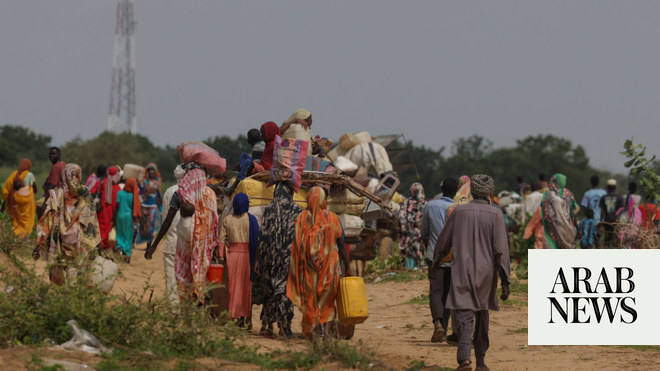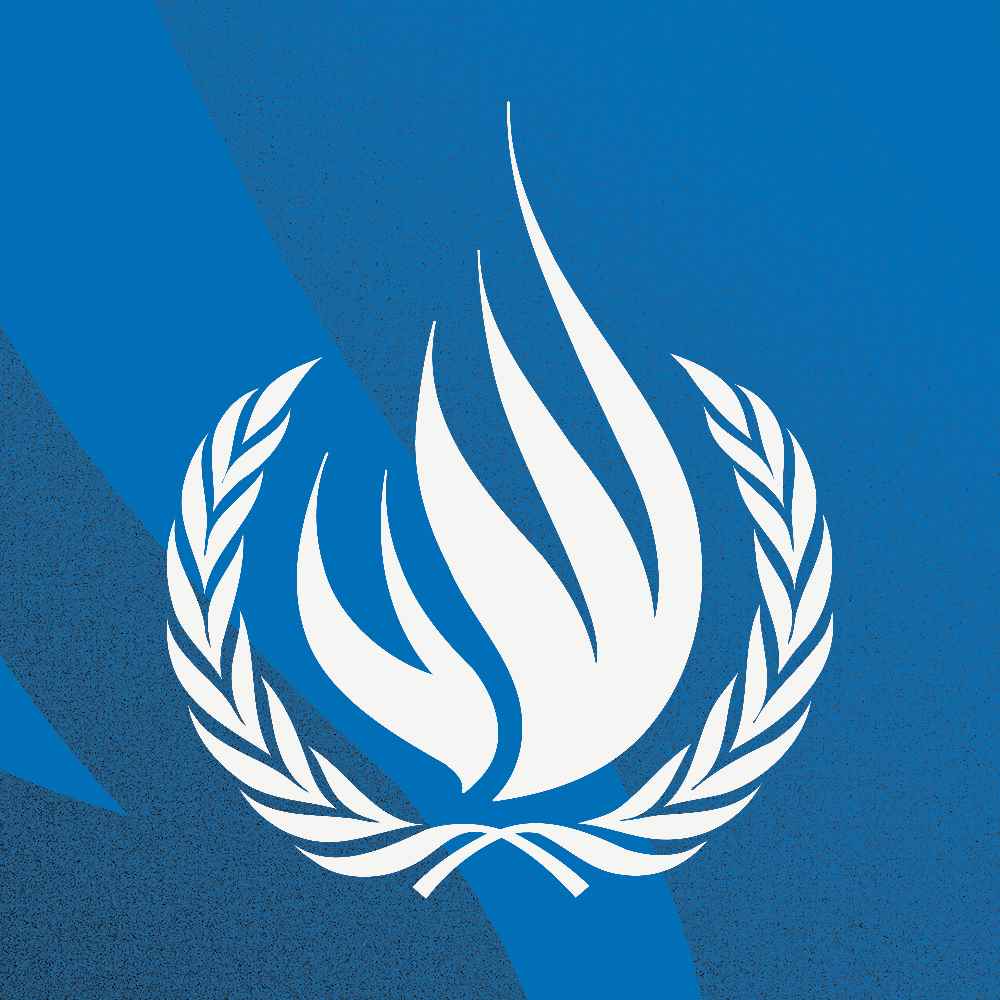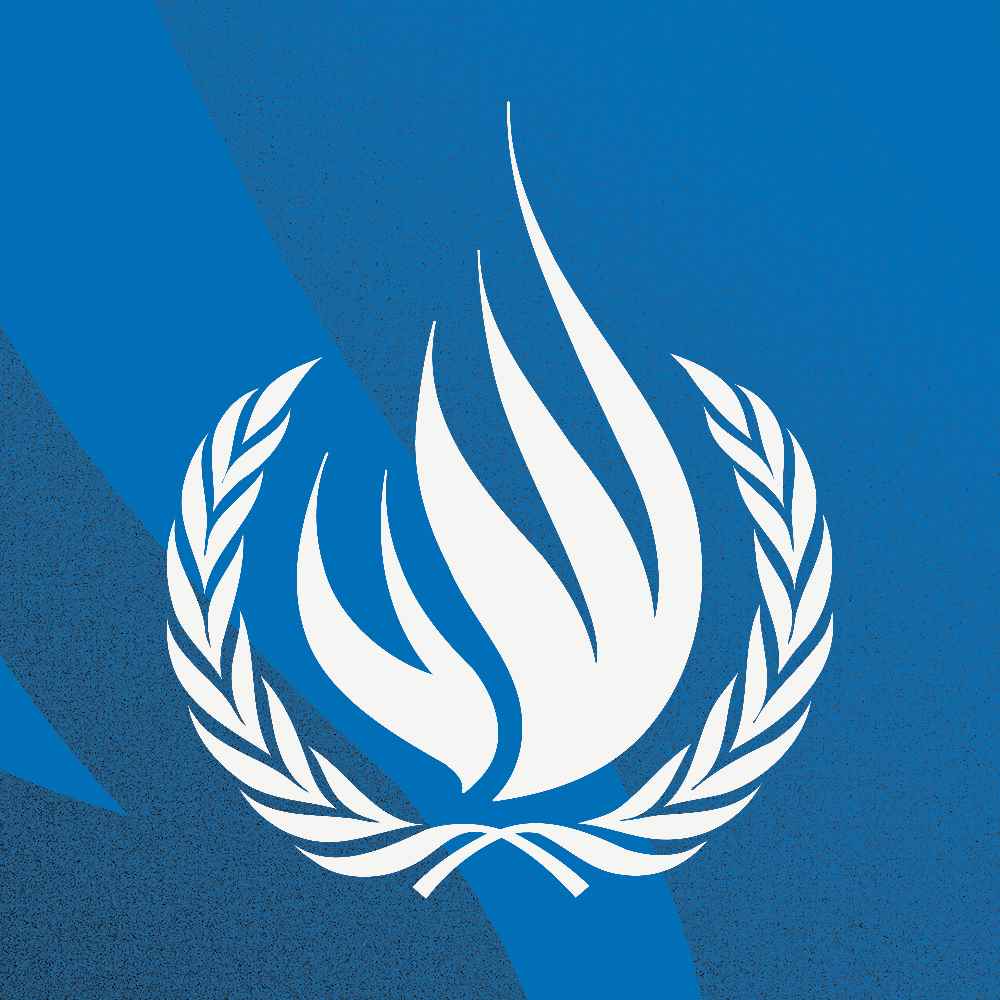
US sanctions are contributing to environmental harm in Iran and preventing all people in Iran, including migrants and Afghan refugees, from fully enjoying their rights to health and life and contributing to additional negative factors like air pollution, UN experts said today.
“Like many countries, Iran has environmental issues. The sanctions not only prevent the Iranian government from addressing them effectively; they contribute to making the challenges worse,” said the experts.
Air pollution is a particular concern in the country, reportedly causing higher levels of respiratory and other diseases that lead to 4,000 premature deaths per year in Tehran and 40,000 premature deaths annually in all of Iran.
“It is no surprise that Tehran is one of the world’s most polluted cities. US sanctions force people to prolong the use of older vehicles that burn fuel less efficiently, while making it impossible for Iran to obtain equipment and technology to reduce vehicle emissions,” the experts said.
“US efforts to enforce its sanctions by threatening to penalise foreign companies doing business in Iran have led foreign car manufacturers to leave the country. So Iran must rely on locally made motors and other equipment that cannot use the latest technologies,” they said.
In a communication to the sanctioning State the experts said sanctions had also caused foreign energy companies to abandon projects to build large solar power plants in Iran to generate electricity on a scale that Iranian entities could not replicate. “This is also a result of the sanctions,” they said, “since they prevent foreign investment.”
The mandate holders noted that the sanctions impede Iranian scientists from engaging in joint environmental research projects abroad, and even prevent Iranians from accessing online databases and courses about environmental issues and sustainability. “The effects of the sanctions on the right to education and the right to benefit from scientific progress are also blocking progress in improving Iran’s environment,” they said.
The UN General Assembly recognised the human right to a clean, healthy and sustainable environment in a resolution it passed in July 2022 and the United States voted in favour of this resolution.
“The US obviously recognises a clean environment as a right that affects other human rights,” they said, noting that the United States referred to environmental quality as important to human health when it agreed this year to cooperate with the World Health Organisation on activities linked to the environment and health.
“The sanctions against Iran contradict what seems to be a clear US position on this matter. It is time for sanctions that impede Iran"s ability to improve the environment and reduce the ill effects on health and life, to be eased or lifted completely so that Iranians can access their right to a clean environment, the right to health and to life, and other rights associated with favourable environmental conditions,” the experts said.
ENDS
*The experts: Ms. Alena Douhan, Special Rapporteur on the negative impact of the unilateral coercive measures on the enjoyment of human rights; Mr. Ian FrySpecial Rapporteur on the promotion and protection of human rights in the context of climate change; Mr. Livingstone Sewanyana, Independent Expert on the promotion of a democratic and equitable international order; Mr. Obiora C. Okafor, Independent Expert on human rights and international solidarity; Mr. Richard Bennett Special Rapporteur on the situation of human rights in Afghanistan.
Special Rapporteurs are part of what is known as the Special Procedures of the Human Rights Council. Special Procedures, the largest body of independent experts in the UN Human Rights system, is the general name of the Council’s independent fact-finding and monitoring mechanisms that address either specific country situations or thematic issues in all parts of the world. Special Procedures’ experts work on a voluntary basis; they are not UN staff and do not receive a salary for their work. They are independent from any government or organization and serve in their individual capacity.
For more information and media request please contact: Damianos Serefidis (damianos.serefidis@un.org)
For media enquiries regarding other UN independent experts, please contact de Souza (renato.rosariodesouza@un.org) or Dharisha Indraguptha (dharisha.indraguptha@un.org)
Follow news related to the UN"s independent human rights experts on Twitter @UN_SPExperts
Concerned about the world we live in?
Then STAND UP for someone"s rights today.
#Standup4humanrights
and visit the web page at http://www.standup4humanrights.org










